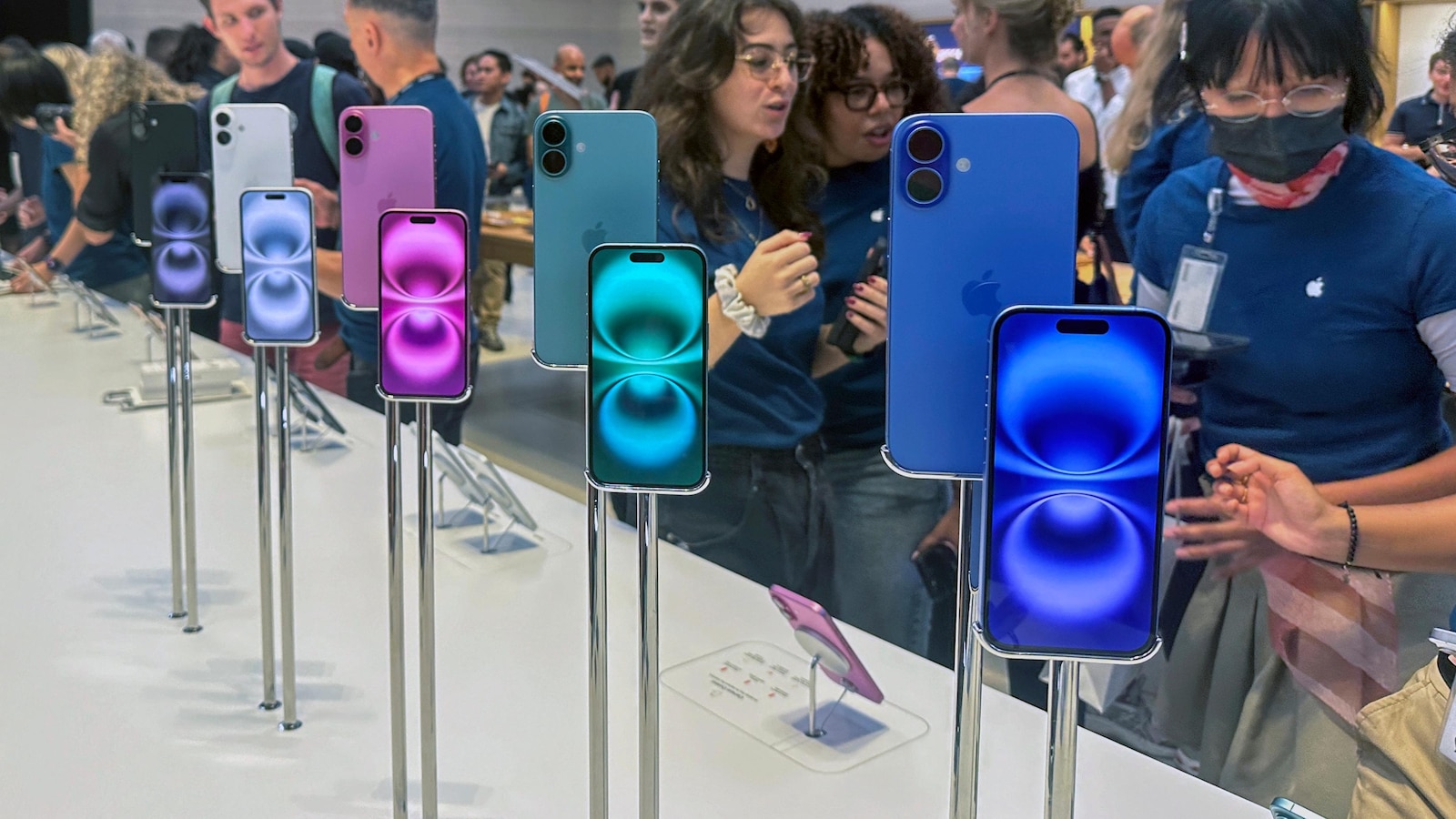The uptick in iPhone sales has bolstered Apple’s overall quarterly revenue and profit, surpassing analyst expectations, despite a significant one-time charge of $10.2 billion stemming from a recent European Union court ruling that compelled the Cupertino, California-based company to settle previous tax liabilities.
Apple reported earnings of $14.74 billion, or 97 cents per share, which reflects a 36% decrease from the previous year. However, if not for the one-time tax hit, Apple claimed its earnings would have been $1.64 per share, exceeding analysts’ expectations of $1.60. Total revenue grew by 6% year-over-year, reaching $94.93 billion, which is about $400 million higher than analysts had predicted.
Despite these positive numbers, investor sentiment appeared cautious as Apple provided forecasts that fell short of expectations. The company indicated that its revenue growth for the crucial holiday shopping season covering the October-December quarter might not be as robust as analysts had hoped. Following the announcement, Apple’s stock fell approximately 2% in extended trading, hovering around $221—significantly down from its peak of nearly $237 in mid-October.
The latest quarterly results capture the initial days when consumers could purchase the new iPhone 16 lineup, featuring four distinct models designed to leverage various AI capabilities, branded by Apple as “Apple Intelligence.” This branding effort aims to differentiate Apple’s AI strategy from competitors like Samsung and Google, who have also begun integrating similar technologies into their smartphones.
While the iPhone 16 was specifically developed with AI in mind, many of its advanced features were not available until a recent software update, which enabled the initial batch of technological enhancements, including improvements to the virtual assistant Siri, making it smarter, more versatile, and visually appealing. Notably, these improvements are currently limited to the U.S. market.
During a conference call with analysts, Apple CEO Tim Cook stated, “We believe that what generative AI can do is just the beginning.” Cook also announced plans to extend the availability of AI features for iPhones to other countries in December, alongside other software updates that will introduce even more advanced technology to the iPhone 16 and two high-end iPhone 15 models.
The December rollout is expected to include a feature allowing integration with OpenAI’s ChatGPT, a technology that Apple is not developing in-house. Investors are banking on the notion that as Apple’s AI capabilities become more widely available, they will entice millions of consumers using older iPhones to upgrade to the latest models equipped with state-of-the-art technology.
Cook emphasized, “We believe this is a compelling reason to upgrade.” However, analysts like Thomas Monteiro from Investing.com suggest that if consumers were already impressed by Apple’s AI technology, iPhone sales would be accelerating more rapidly, indicating that the company is under pressure to perform better in engaging the public overall.

